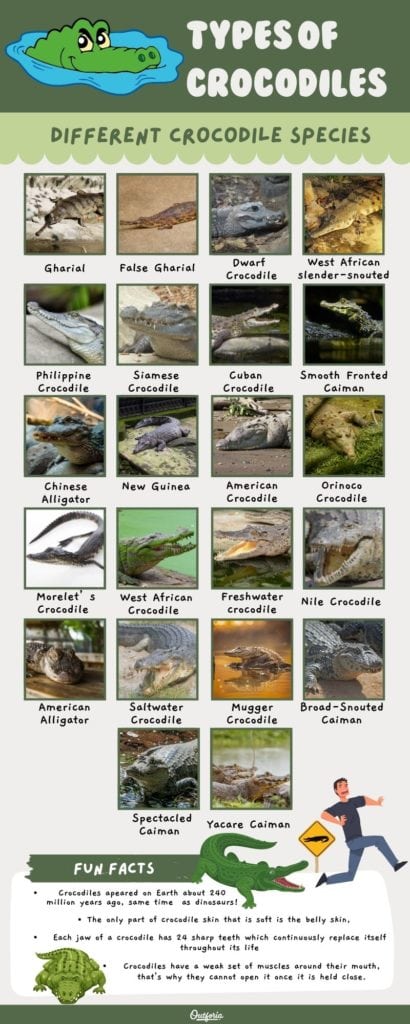The Okavango Delta: A Natural Wonder of Africa
The Okavango Delta is a vast inland delta in Botswana, where the Okavango River spreads over an area of up to 15,000 square kilometers, creating a mosaic of wetlands, islands, and wildlife habitats. It is one of the few major interior delta systems that do not flow into a sea or ocean, but instead evaporate and transpire in the arid Kalahari Desert.
A Unique Ecosystem
The Okavango Delta is a dynamic and complex system, shaped by climatic, hydrological, geological, and biological processes. The annual flooding of the delta occurs during the dry season, when the river carries water from the summer rainfall in the Angolan highlands. The flood peaks between June and August, when the delta swells to three times its permanent size, attracting animals from kilometers around and creating one of Africa’s greatest concentrations of wildlife.
The delta supports a rich biodiversity of plants and animals, many of which have adapted their life cycles and behaviors to the seasonal rhythms of water and drought. The delta is home to some of the world’s most endangered species of large mammal, such as the cheetah, white rhinoceros, black rhinoceros, African wild dog, and lion. It also hosts hundreds of bird species, fish species, reptiles, amphibians, and invertebrates.
(https://www.youtube.com/@wildlifedocumentariesnatur5588)
The delta is also a vital source of livelihood for the local communities, who depend on fishing, hunting, gathering, agriculture, and tourism. The delta’s cultural heritage includes archaeological sites, rock art, and traditional practices and knowledge. The delta is managed through a collaborative approach involving government agencies, local authorities, community trusts, NGOs, and private sector partners.
A World Heritage Site
The Okavango Delta was inscribed on the UNESCO World Heritage List in 2014 as an outstanding example of a natural phenomenon and an intact wetland system. The World Heritage Committee recognized the delta’s exceptional beauty, ecological diversity, ecological resilience, and natural phenomena. The delta was also named as one of the Seven Natural Wonders of Africa in 2013.
The Okavango Delta faces several threats and challenges, such as climate change, upstream development, invasive species, poaching, human-wildlife conflict, and land use change. The conservation and sustainable use of the delta require coordinated action at local, national, regional, and international levels. The delta is part of the Kavango-Zambezi Transfrontier Conservation Area (KAZA TFCA), which covers five countries (Angola, Botswana, Namibia, Zambia, and Zimbabwe) and aims to promote transboundary cooperation for biodiversity conservation and socio-economic development.
The Okavango Delta is a remarkable natural wonder that deserves to be protected and celebrated for its ecological and cultural values. It is a place where nature and humanity coexist in harmony.
References
(1) Okavango Delta - Wikipedia. https://en.wikipedia.org/wiki/Okavango_Delta Accessed 28/06/2023.
(2) Okavango Delta - UNESCO World Heritage Centre. https://whc.unesco.org/en/list/1432 Accessed 28/06/2023.
(3) Understanding the Okavango Delta - Africa Geographic. https://africageographic.com/stories/understanding-the-okavango-delta/ Accessed 28/06/2023.








No comments:
Post a Comment